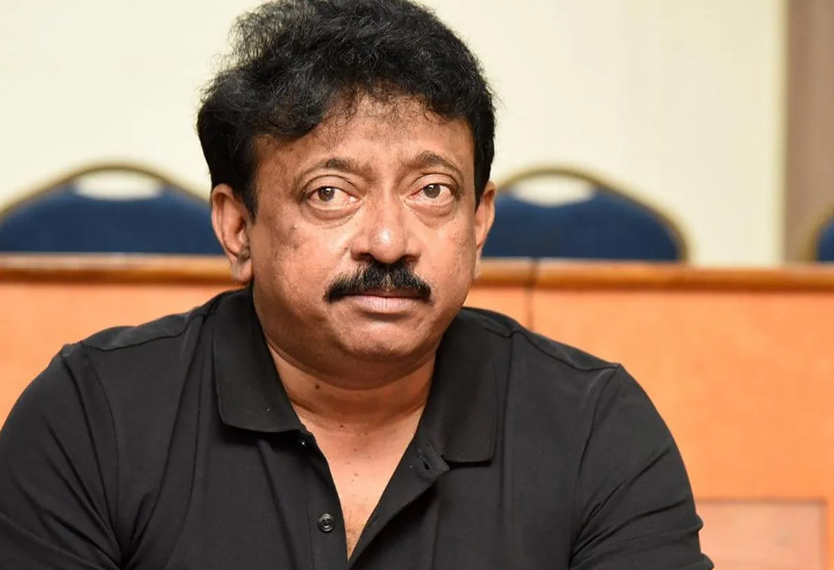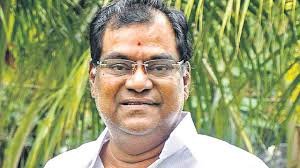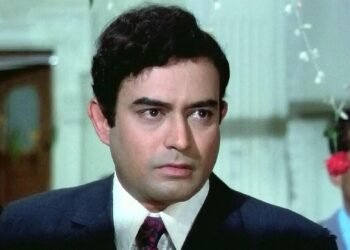BY PC Bureau
Film director Ram Gopal Varma, known for his provocative public persona, has filed a fresh petition in the Andhra Pradesh High Court amid allegations of sharing morphed photos of political figures Chandrababu Naidu, Pawan Kalyan, and Nara Lokesh. Varma, who is reportedly evading police questioning, argued in his petition that multiple cases were being registered against him for a single post on X (formerly Twitter).

He claimed this was both unjust and legally unsound and urged the High Court to issue orders preventing further cases and to dismiss the ones already filed.
Varma had earlier sought anticipatory bail, with the hearing scheduled for Wednesday but deferred to Thursday. Meanwhile, police teams continue their search for the filmmaker, who remains active on social media despite avoiding questioning.
Varma, an acclaimed but controversial figure in Indian cinema, is known for his groundbreaking films such as Shiva and Satya. Over the years, his career has been marred by controversies stemming from his provocative statements and experimental work, alongside an active and polarizing presence on social media.
Despite repeated summons, Varma has failed to appear for questioning, prompting the police to launch a manhunt across multiple states, including Hyderabad, Chennai, and Coimbatore.
Also Read: Police on lookout for Ram Gopal Varma after High Court rejects his plea
Varma’s legal team has argued that he is willing to cooperate with the investigation through digital means, citing the advent of digital policing in India. However, the police have insisted on his physical presence, stating that online questioning is insufficient.
The Andhra Pradesh High Court recently dismissed Varma’s plea for protection from arrest, ordering him to either comply with the police summons or seek bail through proper legal channels.
This latest controversy adds to Varma’s long history of legal battles stemming from his provocative statements and films. His works, often characterized by their political undertones, have frequently courted controversy. The current situation highlights the intersection of politics and media in India and the potential legal consequences of online speech.












